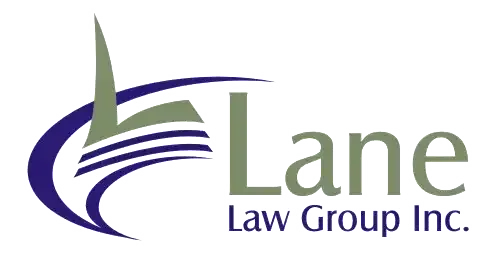What Types of Assets Can Be Included in a California Trust?
What Types of Assets Can Be Included in a California Trust?
Creating a trust is a crucial step in estate planning, offering flexibility, privacy, and control over how your assets are managed and distributed. In California, nearly all types of assets can be included in a trust to protect them and ensure they are handled according to your wishes. At Lane Law Group, Inc., we provide expert legal assistance to the Los Angeles County public, helping individuals secure their legacies through comprehensive trust planning.
Assets Commonly Included in a California Trust
- Real Estate:
- Any property you own, such as your primary residence, vacation homes, rental properties, or land, can be transferred to a trust. This ensures the property avoids probate and is distributed to your beneficiaries without delays.
- Financial Accounts:
- Bank accounts, savings accounts, and certificates of deposit (CDs) can be included in a trust to ensure they are managed efficiently and avoid probate.
- Investment Accounts:
- Stocks, bonds, mutual funds, and other investment accounts can be placed in a trust to allow for smooth management and transfer to your beneficiaries.
- Business Interests:
- If you own a business or hold ownership interests in a partnership, LLC, or corporation, these can be included in a trust to ensure seamless succession planning and avoid disputes.
- Personal Property:
- Valuables such as jewelry, art collections, antiques, and family heirlooms can be included in a trust to specify who should inherit these items.
- Vehicles:
- Cars, boats, and other vehicles can be added to a trust, especially if they hold significant value or are part of a family legacy.
- Life Insurance Policies:
- While life insurance policies typically have named beneficiaries, you can designate your trust as the beneficiary to ensure the proceeds are managed according to your overall estate plan.
- Retirement Accounts:
- While retirement accounts like IRAs and 401(k)s cannot be directly placed in a trust, you can name the trust as the beneficiary to ensure the proceeds are distributed according to your wishes.
- Digital Assets:
- Online accounts, cryptocurrency, intellectual property rights, and other digital assets can also be included in a trust, with specific instructions on their management and transfer.
- Residual Assets:
- A trust can include provisions for any remaining assets not specifically listed, ensuring that no asset is left unaccounted for.
Benefits of Including Assets in a Trust
- Avoiding Probate: Assets in a trust bypass the probate process, saving time and legal costs.
- Privacy: Unlike a will, the terms of a trust are not part of the public record.
- Control: Trusts allow you to specify exactly how and when assets will be distributed to beneficiaries.
- Protection: Trusts can protect assets from creditors, lawsuits, or poor financial decisions by beneficiaries.
How Lane Law Group, Inc. Can Help
Creating a trust is a critical step in protecting your assets and ensuring your legacy is preserved. At Lane Law Group, Inc., we assist Los Angeles County residents in identifying which assets should be included in their trust and drafting customized documents tailored to their unique needs.
If you’re ready to take control of your estate planning, contact us today for a consultation. Let us help you secure your future and provide peace of mind for your loved ones.










